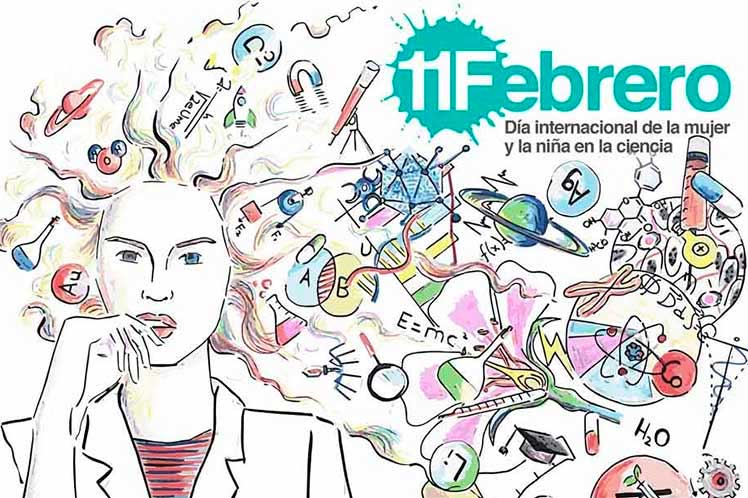In his message, the UN chief praised the need for women and girls to have access to the same learning and work openings under equal conditions.
“Today, only one in three science and engineering researchers in the world is a woman,” Mr. Guterres said, explaining that “structural and societal barriers” are preventing women and girls from “entering and advancing in science”.
And from school closures to a rise in violence and greater homecare burdens, the Covid-19 pandemic has simply increased gender inequalities.
“This inequality is depriving our world of enormous untapped talent and innovation”, he continued, underscoring the need for women’s perspectives “to make sure that science and technology work for everyone”.
In this regard, Mr. Guterres called for policies that “fill classrooms” with girls studying technology, physics, engineering, and maths; and targeted measures to ensure that women are afforded opportunities to “grow and lead at laboratories, research institutions and universities”.
Mr. Guterres also stressed that determination was needed to end discrimination and stereotypes about women in science along with more rigorous efforts to expand prospects for minority women.
All of this is especially important in the crucial field of artificial intelligence (AI) – a wide-ranging branch of computer science that is present in everyday life, from booking flights and applying for loans to screening for cancer.
The UN chief also flagged the importance of reversing trends that keep young women scientists from pursuing careers that help address climate and environmental crises.
mh/pll/acl/ifb









